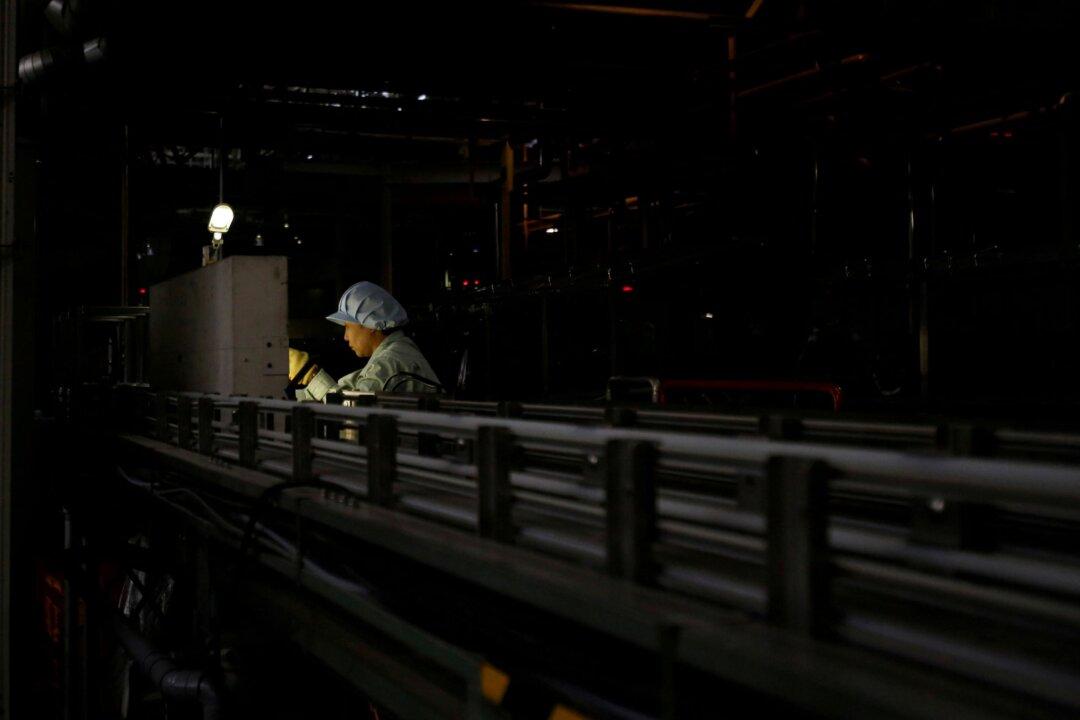TOKYO— Japan’s manufacturing activity grew for an 11th straight month in December, but at a slower pace than in the prior month as output and new order growth softened while cost pressures stayed elevated.
Businesses benefited from the weakening impact of the coronavirus pandemic as they shook off some of the drag of the health crisis, though new export sales growth eased amid a rise in COVID-19 cases in South Korea.





